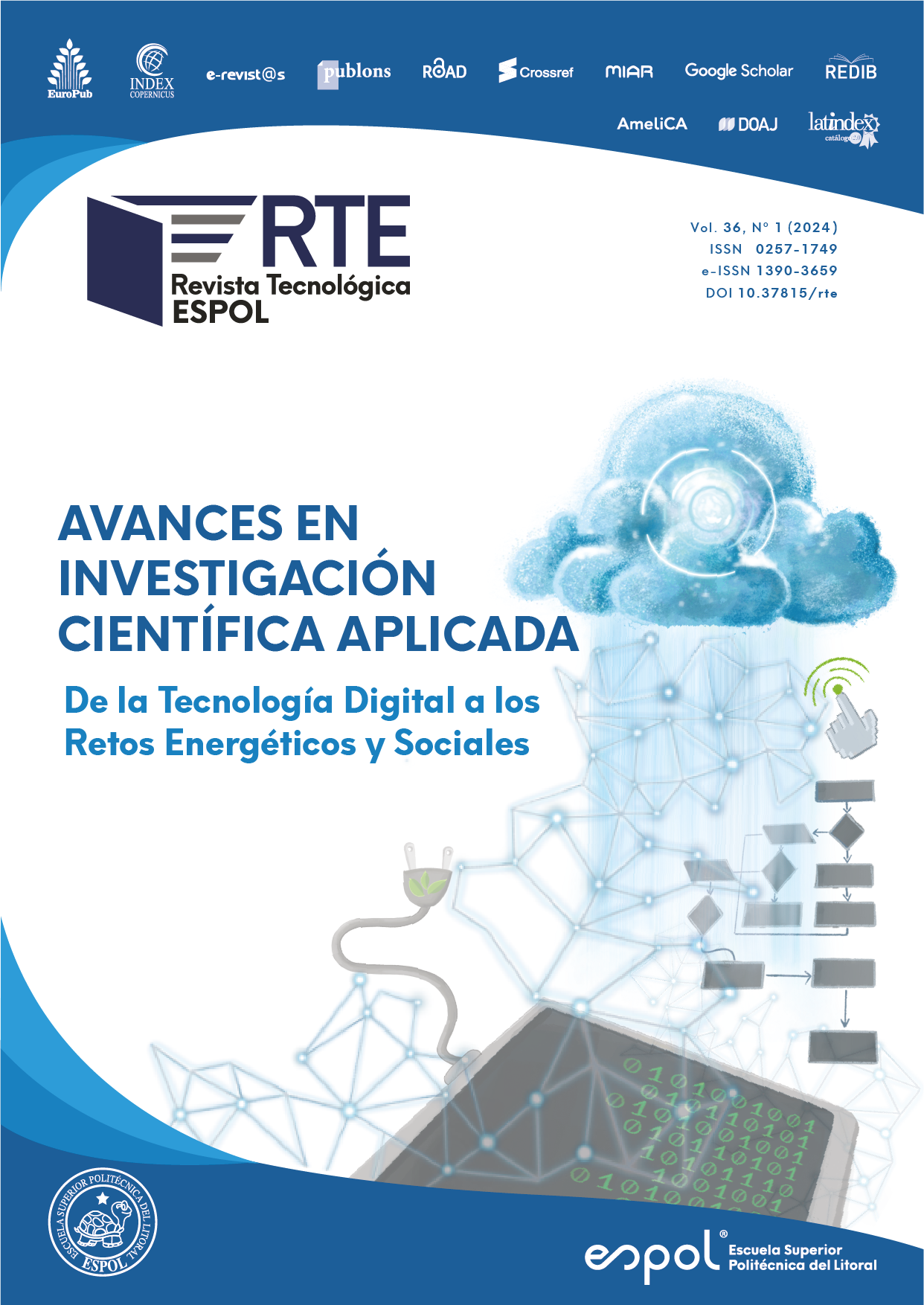In an increasingly interconnected world, the unlicensed 2.4 and 5 GHz frequency bands have been essential for developing wireless applications such as Wi-Fi (IoT devices), home automation, and media streaming, among others. However, in highly populated urban environments, such as Guayaquil,Ecuador, the efficient administration of these spectrum swaths is a critical challenge that allows the development of smart and sustainable cities. The lack of comprehensive studies on interference in these bands in dense indoor environments causes a deterioration in network reliability, limiting the ability to use higher modulation schemes (MCS) which are essential for applications that require higher connection speeds. This study focuses on the precise collection of radio spectrum measurements in Guayaquil, specifically in the 2.4 and 5 GHz bands, to evaluate interference levels and channel availability in these densely urban environments. The results reveal more pronounced saturation in the 2.4 GHz band, underscoring the urgent need for more effective spectrum management in densely populated urban areas to ensure robust connectivity.

This work is licensed under a Creative Commons Attribution-NonCommercial 4.0 International License.
References
Zhang, L., Wei, Z., Wang, L., Yuan, X., Wu, H., Xu, W. (2023). Spectrum sharing in the sky and space: A survey. Sensors 23(1). https://doi.org/10.3390/s23010342
Wang, X., Huang, J., Shi, B., Ou, Z., Luo, G., Kong, L., Zhang, D., Xu, C. (2023). RF-sifter: Sifting signals at layer-0.5 to mitigate wideband cross-technology interference for IoT. Proceedings of the 29th Annual International Conference on Mobile Computing and Networking. MobiCom ’23, Association for Computing Machinery, New York, NY, USA. https://doi.org/10.1145/3570361.3592513
O’Brien, W., Penica, M., Hayes, M., O’Connell, E. (2023). Capacity analysis: The potential of the wireless factory of the future. 34th Irish Signals and Systems Conference (ISSC). pp. 1–5. https://doi.org/10.1109/ISSC59246.2023.10162059
Lopez-Perez, D., Garcia-Rodriguez, A., Galati-Giordano, L., Kasslin, M., Doppler, K. (2019). IEEE 802.11be extremely high throughput: The next generation of Wi-Fi technology beyond 802.11ax. IEEE Communications Magazine 57(9), 113–119. https://doi.org/10.1109/MCOM.001.1900338
Kanellopoulos, D., Sharma, V.K., Panagiotakopoulos, T., Kameas, A. (2023). Networking architectures and protocols for IoT applications in smart cities: Recent developments and perspectives. Electronics 12(11). https://doi.org/10.3390/electronics12112490
Chounos, K., Karamichailidis, P., Makris, N., Korakis, T. (2022). Unlicensed spectrum forecasting: An interference umbrella based on channel analysis and machine learning. IEEE Transactions on Network Science and Engineering 9(5), 3421–3436. https://doi.org/10.1109/TNSE.2022.3180171
Su, Z., Pahlavan, K., Islam, B. (2023). An empirical study of interference features in licensed and unlicensed bands for intelligent spectrum management. IEEE 24th International Symposium on a World of Wireless, Mobile and Multimedia Networks (WoWMoM). pp. 252–260. https://doi.org/10.1109/WoWMoM57956.2023.00040
Wang, J., Zhong, X., Zhou, S. (2023). Channel allocation algorithm of Wi-Fi. International Conference on Computing, Networking and Communications (ICNC). pp. 677–682. https://doi.org/10.1109/ICNC57223.2023.10074461
Hou, Y., Webber, J., Yano, K., Kawasaki, S., Denno, S., Suzuki, Y. (2021). Modeling and predictability analysis on channel spectrum status over heavy wireless lan traffic environment. IEEE Access 9, 85795–85812. https://doi.org/10.1109/ACCESS.2021.3088123
Shiba, T., Furuichi, T., Akimoto, K., Motoyoshi, M., Kameda, S., Suematsu, N. (2022). Real-time wideband spectrum monitor using multiple sampling frequency direct RF undersampling for wireless IoT. 51st European Microwave Conference (EuMC). pp. 725–728. https://doi.org/10.23919/EuMC50147.2022.9784290
Bowman, A. W. (1997). Applied Smoothing Techniques for Data Analysis: The Kernel Approach with S-Plus Illustrations. Oxford Statistical Science Series, Oxford University Press, USA. http://gen.lib.rus.ec/book/index.php?md5=b965cb23260018d7d1fa99bc9d87035d
M. Kamel, W. Hamouda and A. Youssef, "Ultra-Dense Networks: A Survey," in IEEE Communications Surveys & Tutorials, vol. 18, no. 4, pp. 2522-2545, Fourthquarter 2016, doi: 10.1109/COMST.2016.2571730.
Wong ES, Wahab NHA, Saeed F, Alharbi N. 360-Degree Video Bandwidth Reduction: Technique and Approaches Comprehensive Review. Applied Sciences. 2022; 12(15):7581. https://doi.org/10.3390/app12157581
ARCOTEL, Cuentas-internet-fijos-y-moviles_Mar-2024, Agencia de Regulación y Control de las Telecomunicaciones: https://www.arcotel.gob.ec/abonados-y-usuarios/
Merias, P. (2022). Study on channel model for frequencies from 0.5 to 100 GHz. Tech. rep., 3GPP.
WirelessLAN, P. (2023). MCS Table and How to use it. WirelessLAN Professional.







